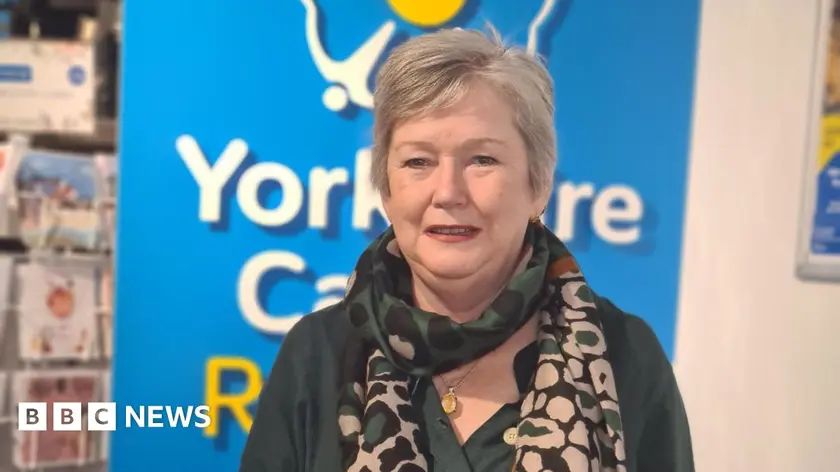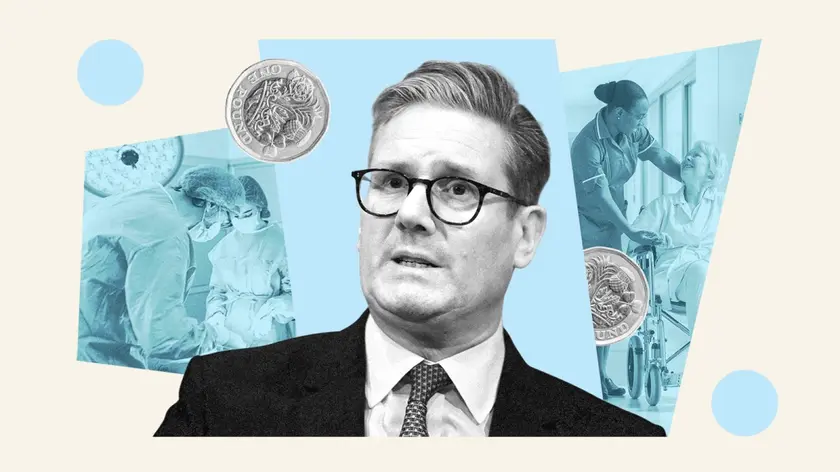T4K3.news
PoTS care gaps exposed by long diagnostic journey
A long wait for PoTS diagnosis reveals gaps in NHS care and access to treatment.

A long struggle with dizziness reveals gaps in recognition and treatment for PoTS within the health system.
PoTS diagnosis delays expose NHS gaps and care inequalities
Kerry Clayton endured dizzy spells, fainting and constant light-headedness for more than 20 years. Doctors repeatedly dismissed her symptoms as stress or dehydration, even as episodes interrupted work and family life. It was only after a chance win of a Fitbit that clinicians could see a pattern: standing or climbing stairs triggered heart-rate surges well above normal. The diagnosis finally came as postural orthostatic tachycardia syndrome, or PoTS.
PoTS is linked to problems with the autonomic nervous system, which governs automatic bodily functions like heart rate and blood pressure. The standard test involves watching how the heart rate and blood pressure respond to a brief shift from lying down to standing, or using a tilt-table test. A sustained rise of more than 30 beats per minute after standing can lead to a PoTS diagnosis. Yet many patients wait years for confirmation, and a shortage of PoTS specialists means access to care is uneven. Treatments emphasize lifestyle changes and medications, including beta blockers and the off-label use of ivabradine, which some studies show can help certain patients. The story is echoed by other patients and high-profile PoTS sufferers, underscoring both awareness gains and continuing gaps in care.
Key Takeaways
"The system is stacked against PoTS patients"
Dr Nicholas Gall describes access and diagnosis hurdles
"There is not a single drug that will work for everyone with PoTS"
Dr Gall on treatment variability
"It has allowed me to do things I never thought I would be able to do"
Louise Thompson on ivabradine impact
"Ivabradine lowered patients' average heart rates when standing"
Dr Gall on new research findings
The case highlights a larger pattern in which women’s symptoms are too often dismissed, delaying diagnosis and treatment. A lack of PoTS centers and limited specialist capacity put patients at the mercy of a stretched system, forcing some to seek private care. While NHS guidance exists, it is not always implemented consistently in primary care, leaving many with a long and frustrating journey to a correct diagnosis.
Policy and practice must align. Expanding PoTS-specific clinics, improving clinician training, and ensuring safe access to a range of treatments could bring real relief. As research advances, doctors should be prepared to consider off-label options when supported by evidence and patient need, while prioritizing clear communication and timely testing over labels or assumptions.
Highlights
- The system is stacked against PoTS patients
- There is not a single drug that will work for everyone with PoTS
- It has allowed me to do things I never thought I would be able to do
- Ivabradine is a game changer for some
Risk: healthcare access and budget implications for PoTS care
The article highlights systemic gaps in PoTS diagnosis and treatment within the NHS, raising concerns about budget allocations, access to specialists, and potential public reaction to delays in care.
Awareness must translate into policy and practice that helps patients get diagnosed and treated without delay.
Enjoyed this? Let your friends know!
Related News

Expert Tips for Retiring by 50

Growing awareness of ADHD triggers

NASA and Google unveil space AI medical tool

Neurologist reveals personal struggle after misdiagnosis

Yorkshire cancer care shows regional disparities

NHS reforms stall over £1bn redundancy costs

Sasha Pieterse discusses PCOS and medical doubt

Guardian longreads spotlight on power and resilience
